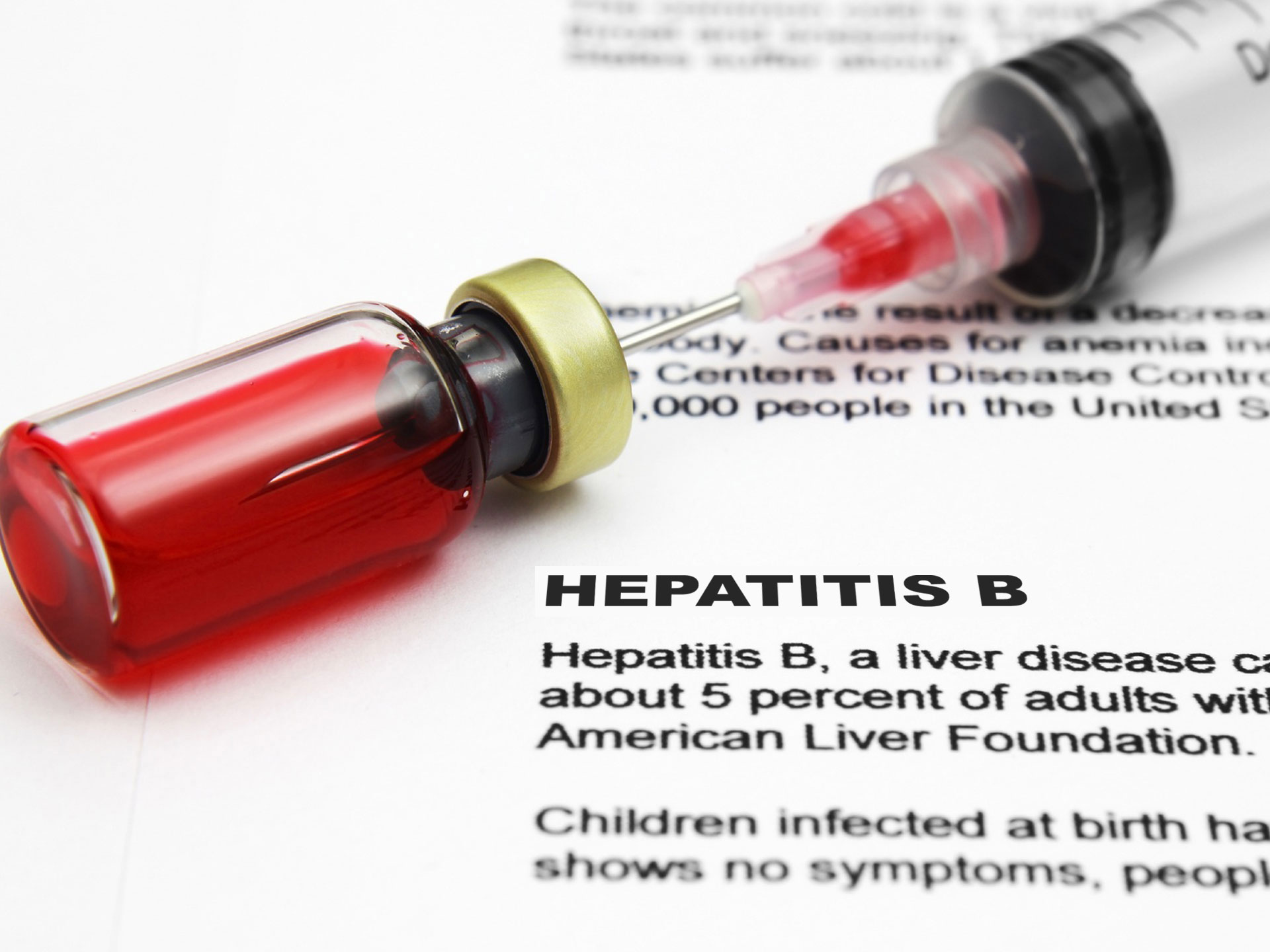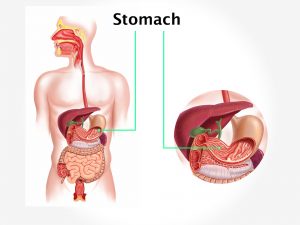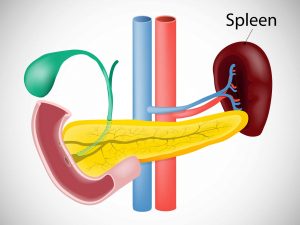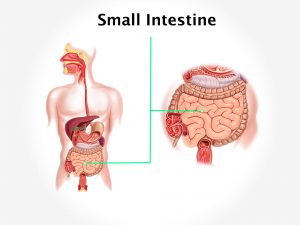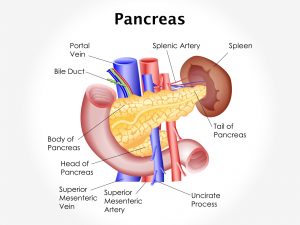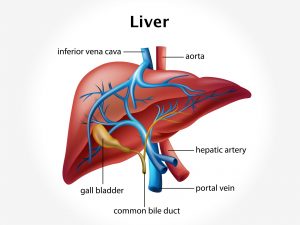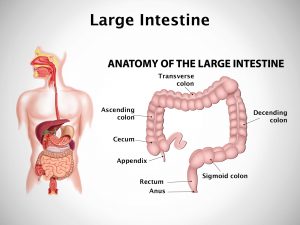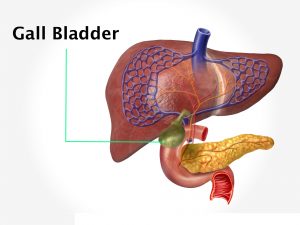Causes and risk factors:
Inflammation of liver can be caused due to hepatotropic viruses
There are five types of hepatotropic viruses- type A, type B, type C, Type D and Type E
Inflammation of the liver can be caused due to other infection like bacteria however hepatitis due to viral infection is the most common cause. The infection is transmitted thorough infected blood and blood products, during intravenous administration of drugs, Sexual contact or through use of contaminated needles or syringes or surgical instruments
Old people (>60 years of age), diabetic people and people suffering from chronic kidney affection are at more at high risk for developing hepatitis.
Clinical presentation:
The incubation period: 15-180 days. The infection can be of two types-Acute and chronic. In acute the duration is less than 6 months and complete recovery is possible, while in chronic the duration is more than 6 months and the changes last for life time. In chronic state the inflammation can be mild and if left untreated it leads to cirrhosis of liver also. Most of the people remain asymptomatic. While some might come up with complaints of fever, fatigue, loss of appetite and pain in abdomen. Nausea, vomiting, headache and extreme tiredness can be seen. On palpation of abdomen tenderness is seen. Pain in joints occurs. There occurs difficulty in movement. The patient passes dark color urine. Yellowish discoloration of the mucus membrane (jaundice) is the diagnostic feature of live affection. Besides the liver affection certain other conditions can also be associated with it; these include aplastic anemia, polyarteritis, pericarditis and pancreatitis.
Investigations
Diagnosis is done on the basis of the symptoms narrated and the physical examination
Carried out by the doctor. Examination of the mucus membrane and palpation of the abdomen is done. Blood test for presence of HBs antigen is diagnostic. Polymerase chain reaction, Ultrasonography of the abdomen, Liver function test and liver biopsy are certain other tests advised.
Treatment
Acute state Hepatitis B does not require any treatment only complete rest is advised. In chronic state antiviral medications and other specific hepatitis B treating medications are the first lines of treatment. Surgical intervention is advised in cases where the liver is damaged severely, liver transplantation can be done in such cases. Certain preventive measure needs to be implemented which include vaccination against Hepatitis B, avoiding unproctective sex or intimacy with multiple partners. Care about the use of needles while piercing or while getting tattoos done.
Other modes of treatment:
Certain other modes of treatment can also be helpful in coping up the disease. Taking into consideration the symptoms in holistic way, homoeopathy can offer a good aid for the relief of the symptoms. The Ayurvedic system of medicine which uses herbs and synthetic derivates can also be beneficial in combating the complaints.
Recent update:
The U.S. Preventive Services Task Force recommends that all teens and adults who are at high risk for hepatitis B get screened for the infection. A simple blood test will help to detect that whether a person is infected or not.
